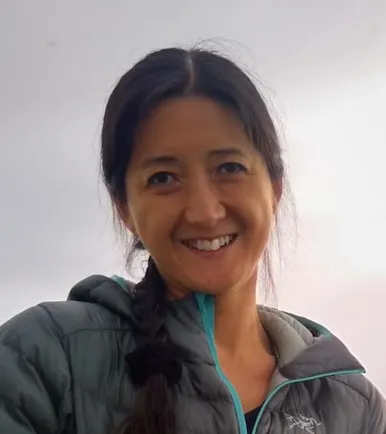About the project
Marine microbes are key drivers of biogeochemical cycling. Assessment of their activities, so-far mostly done by shipboard incubations, are prone to artefacts from inevitable changes in incubation conditions. This project utilizes a novel technology to capture microbial activities in situ to tackle critical questions on carbon-cycling in the mesopelagic ocean.
Microbes in the mesopelagic ocean exert critical controls on the biological carbon pump that sequester CO2 into the ocean interior. Some respire and thereby remove most organic carbon escaping the surface ocean preventing it from reaching the deep; whilst others perform dark CO2-fixation (‘chemosynthesis’) to replenish the organic carbon pool.
Mysteriously, while diagnostic genes for biochemical pathways fuelling chemosynthesis can be highly abundant, the chemical substrates required to drive these pathways are at vanishingly low concentrations in the mesopelagic. Meanwhile, we still do not have a good handle on the true microbial respiration rates in these waters, with estimates so far ranging across orders of magnitudes. As such, large uncertainty exists in the mesopelagic carbon balance.
A possible reason for the disconnects is that microbial processes have mostly been assessed via shipboard incubations that are prone to artefacts. This project will utilize a newly-developed In situ Incubation and Filtration System (InSIncFS) to capture the true, in situ microbial activities by incubating under the temperature and pressure conditions that microbes experience. The candidate with lead the testing of the novel equipment through open-ocean field trials and laboratory tests, integrating biogeochemistry and microbial analysis, to compare biological rates in situ under pressure conditions vs ex-situ in non-pressurized conditions. This transformative project will deliver a first-of-its-kind reassessment of key processes in carbon cycling in a critical zone of the ocean, capturing the true modes and magnitudes of these fluxes in situ that were impossible before.
You will also be supervised by organisations other than the University of Southampton, including:
- Dr Elena Garcia-Martin and Dr Julie Robidart from the National Oceanography Centre.
